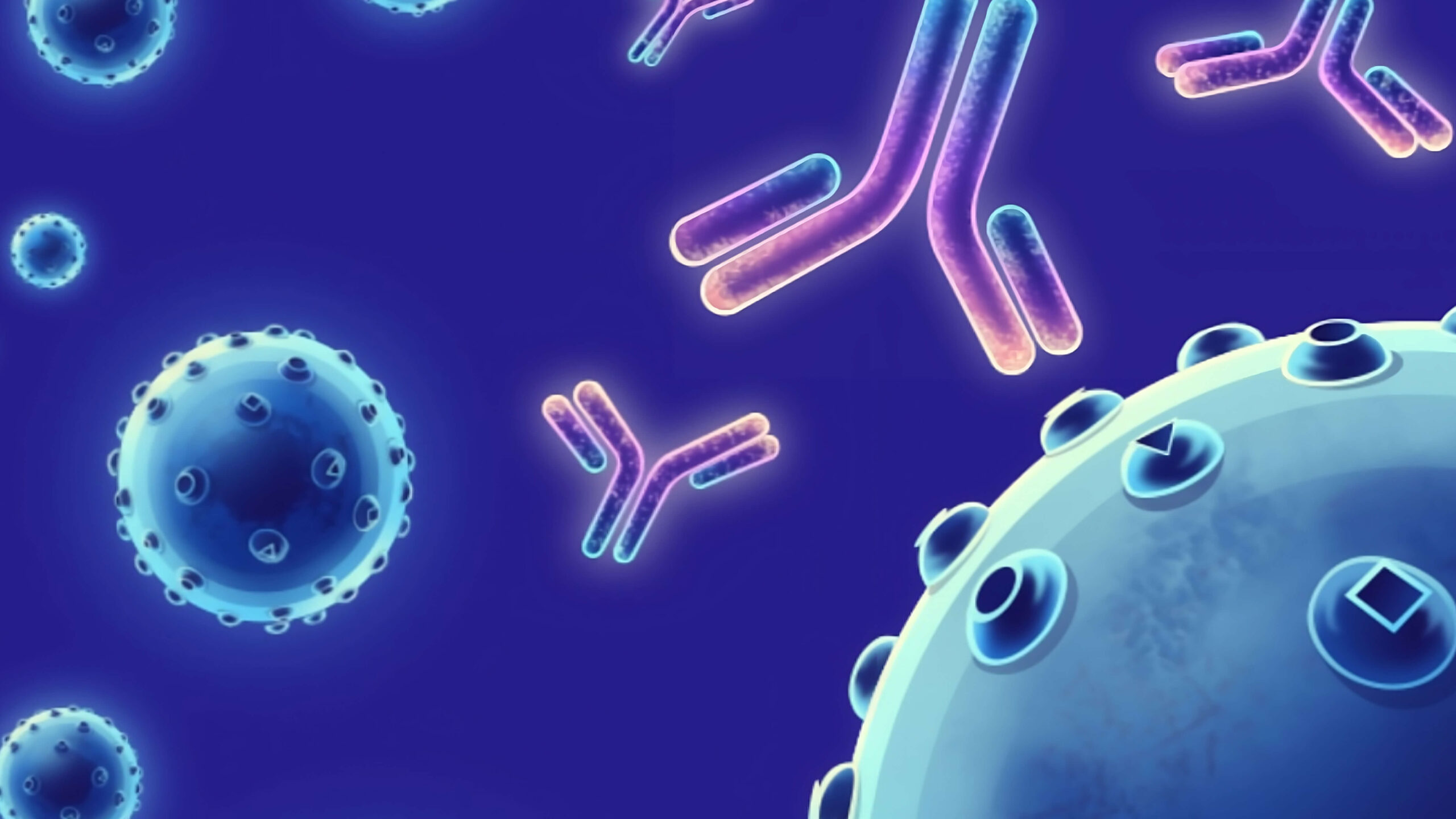Description
Eph receptor A2 (Ephrin type-A receptor 2 or EphA2) is a member of the ephrin receptor subfamily of the protein-tyrosine kinase family. The Eph receptors' corresponding family of ligands are the ephrins anchored to cell surfaces. The ephrins and Eph receptors are implicated as positional labels that may guide the development of neural topographic maps. They have also been found implicated in embryonic patterning, neuronal targeting, vascular development and adult neovascularization. The large family of ligands and receptors may make a major contribution to the accurate spatial patterning of connections and cell position in the nervous system. Furthermore, elevated expression of Eph receptors and ephrin ligands is associated with tumors and associated tumor vasculature, suggesting the Eph receptors and ephrin ligands also play critical roles in tumor angiogenesis and tumor growth. Unlike most Eph kinases, which are primarily expressed during development, EphA2 is primarily found in adult human epithelial cells. The cellular functions of EphA2 may be regulating cell growth, survival, migration, and angiogenesis.Unlike other receptor tyrosine kinases, ligand binding is not necessary for EphA2. Rather, the ligand appears to regulate EphA2 subcellular localization and its interactions with downstream adapter and signaling proteins. Eph receptor A2(EphA2) has been demonstrated to critically regulate tumor cell growth, migration and invasiveness. Eph receptor A2(EphA2) is frequently overexpressed and functionally altered in aggressive tumor cells, and that these changes promote metastatic character.
Target
EphA2
Target Alias Names
AW545284, Eck, Myk2, Sek-2, Sek2
Isotype/Mimetic
Rabbit IgG
Animal-Derived Biomaterials Used
Yes
Sequence Available
No
Original Discovery Method
Phage display technology
Antibody/Binder Origins
Animal-dependent discovery (in vitro display, OR immunisation pre-2020), In vitro recombinant expression, Animal-derived biomaterials used in production or final formulation

